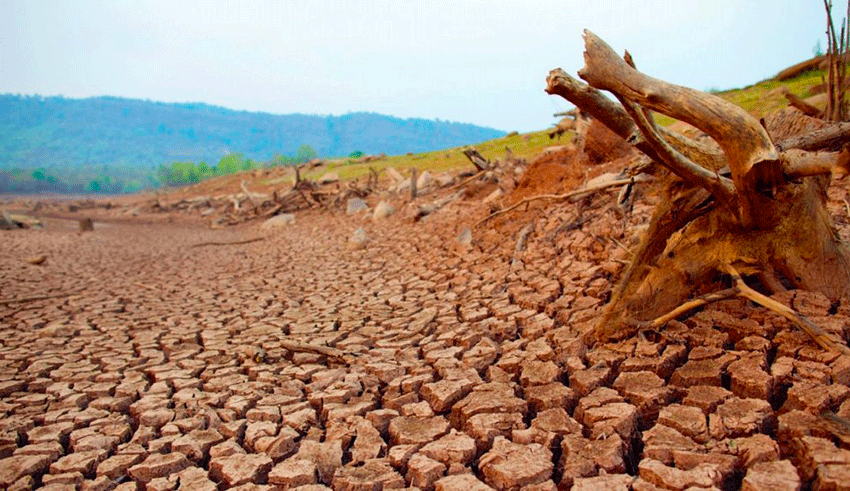The United Nations Educational, Scientific and Cultural Organization (UNESCO) warned on Monday about the rapid degradation of soils, with major risks for biodiversity and human life, calling on “the international community to make it a priority.”
“Soils play a crucial role in sustaining life on Earth. Yet, they are often neglected or poorly managed,” said UNESCO Director-General Audrey Azoulay, speaking at the closing of an international conference themed “Rooted in Resilience: Discovering the Importance of Soil in Sustainable Development,” organized in Agadir by UNESCO and the National Agency for the Development of Oasis Zones and Argan Trees (ANDZOA).
In this regard, she called on the 194 member states of the Organization to improve the protection and rehabilitation of soils, noting that UNESCO is also undertaking several actions to address the lack of scientific knowledge in this area.
“With sixty years of experience in soil sciences, our Organization will help states advance knowledge and train professionals so that necessary measures can be taken,” she noted during this meeting, which brought together experts and representatives from over 30 member states of the Organization.
According to UNESCO, healthy soils are essential for maintaining ecosystems and biodiversity, climate regulation, food production, and water purification. However, according to the World Atlas of Desertification, 75% of soils are already degraded, directly impacting 3.2 billion individuals. If the current trend continues, this rate will reach 90% by 2050.
The discussions at this conference resulted in an action plan centered around three objectives: improving the protection and rehabilitation of soils, addressing the lack of scientific knowledge, and strengthening the engagement of youth and communities through education and training programs.
UNESCO announced that it intends to support its member states by establishing a global soil health index with its international partners, estimating that it will be a standardized measure to assess and compare soil quality across different regions and ecosystems.
This will allow for the identification of trends in degradation or improvement, at-risk areas, and the effectiveness of management practices.
In addition to this index, UNESCO plans to implement a pilot initiative for the assessment and sustainable management of soils and landscapes in about ten biosphere reserves, with the dual aim of ensuring the effectiveness of various sustainable management practices implemented at these sites and promoting best practices.
Managers of these sites will be encouraged to develop exemplary soil conservation and land management projects that can then be replicated elsewhere. Training will be provided to them, as well as to members of government agencies, conservation organizations, and indigenous communities, to equip them with the maximum tools to protect this essential resource.
Furthermore, this initiative will include an educational component through which UNESCO will raise awareness and involve younger generations.


